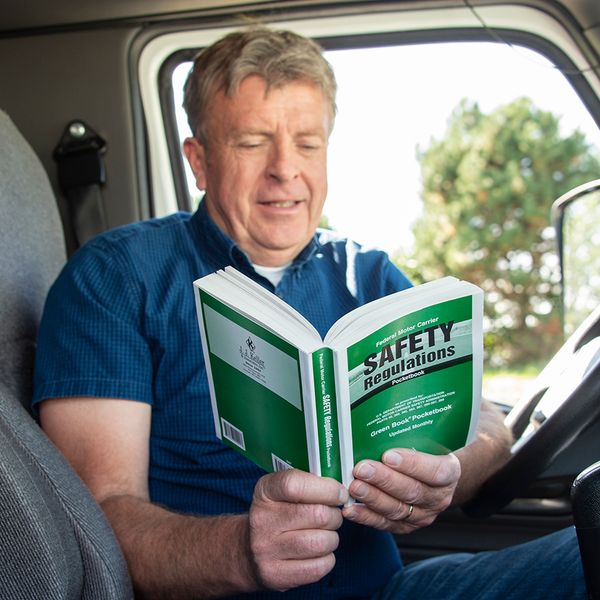‘Technical’ but significant rule changes may affect you
The FMCSA has made another series of what it calls “technical corrections” to its safety regulations.
Though such changes are typically minor and go unnoticed, the latest round includes some impactful revisions, including:
- Clarification of the type of test results you may use after a crash, and
- Changes to the hours-of-service exemption for agricultural operations.
Some changes were required by Congress in the Infrastructure Improvement and Jobs Act, so the FMCSA was not required to provide any advance warning before amending the rules.
Also included were a variety of small grammatical and procedural changes throughout the Federal Motor Carrier Safety Regulations, with no effect on compliance.
Most changes went into effect on the day they were published: September 29, 2022.
Significant changes
As part of the changes, the FMCSA:
- Revised the hours-of-service exemption for agricultural operations to specify (as required by Congress) that the hours-of-service rules do not apply to drivers transporting livestock within a 150 air-mile radius from either the source of the livestock or its final destination. The exemption is limited to the state’s planting and harvesting season (see 395.1(k)).
- Clarified that motor carriers may use the results of post-accident tests conducted by “federal, state, or local officials” only if they are “law enforcement or public safety officials.” The FMCSA says this change is consistent with the original intent of the rules. See 382.303(g).
- Clarified that entry-level training providers may use the Training Provider Registry website to remove themselves from the list of registered providers.
- Increased the length of time that a restricted CDL issued to a driver employed in a farm-related service industry will remain valid to 210 days, up from 180 days.
- Clarified that when a state learns that a driver is listed as “prohibited” in the Drug & Alcohol Clearinghouse, the driver’s CDL or permit privileges must be revoked; the driver cannot merely be restricted to in-state driving.
- Amended the list of “acute” violations in Appendix B to Part 385 to clarify that paragraph 382.305(a) is the correct citation for motor carriers that fail to implement a random testing program. The acute violations are among those that can affect a carrier’s safety rating after an audit.
- Increased the length of time the states may use grant money to enforce federal safety regulations and clarified when grants may be used to combat human trafficking.
No DVIR change
One change required by Congress didn’t make it into this round of corrections: the addition of rear impact guards to the list of critical components to be included on a post-trip inspection report.
Congress gave the FMCSA until November 15, 2022, to make that change to 396.11. There’s no word on why it was not included among the agency’s latest technical corrections, or when the change will be made.
Key to Remember: The FMCSA has made a variety of changes to the Federal Motor Carrier Safety Regulations, most technical in nature but some having an impact on compliance.























































